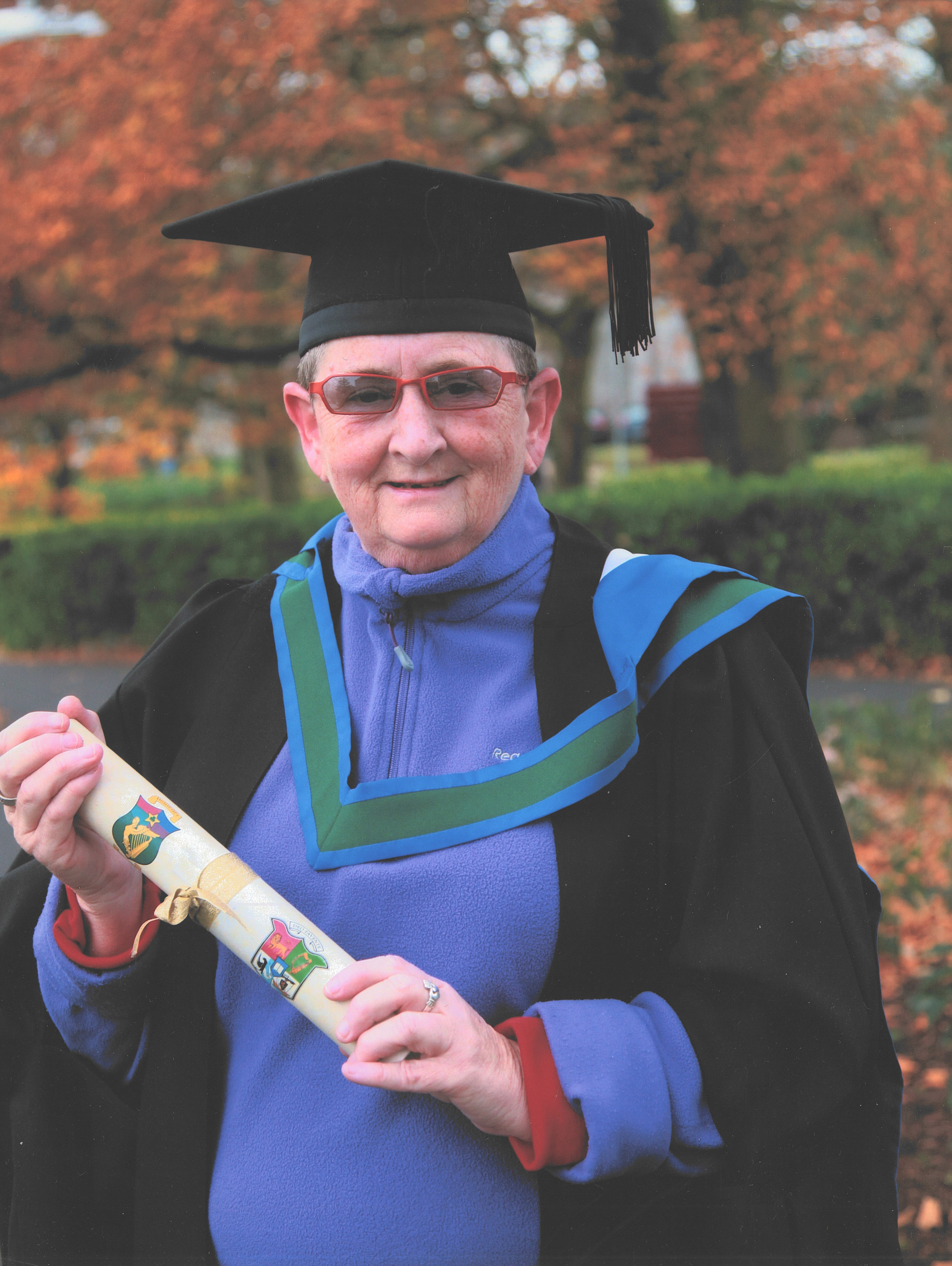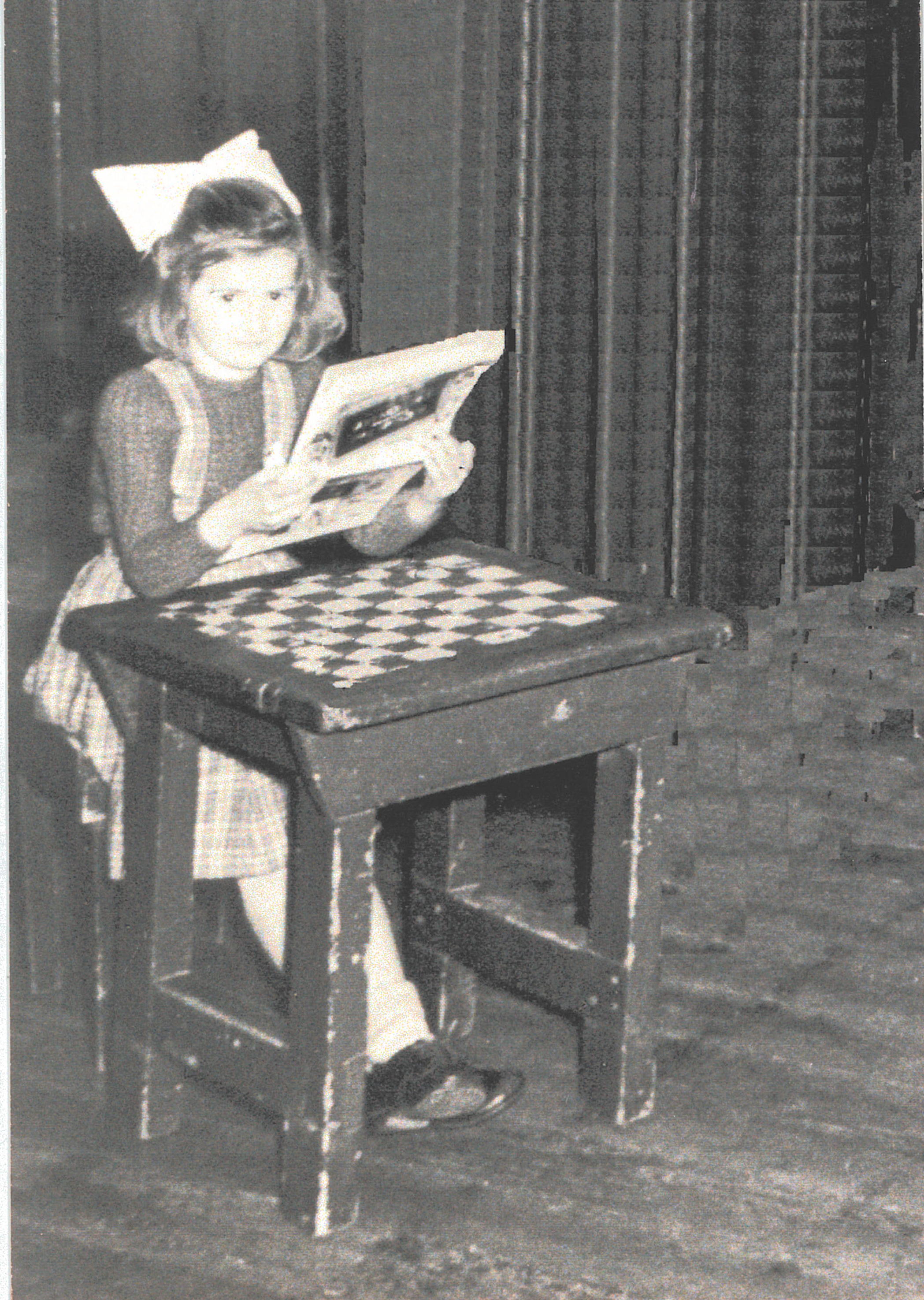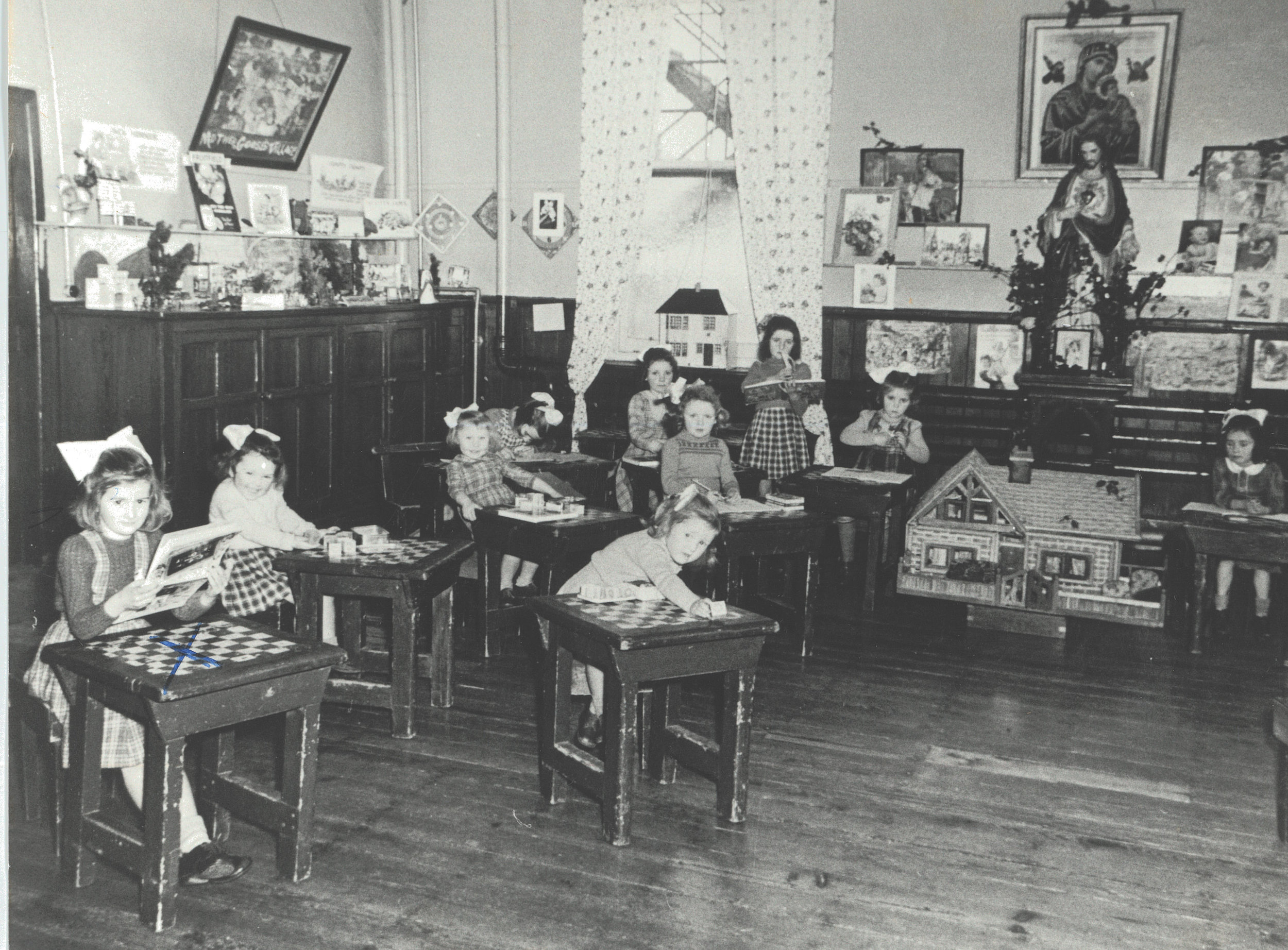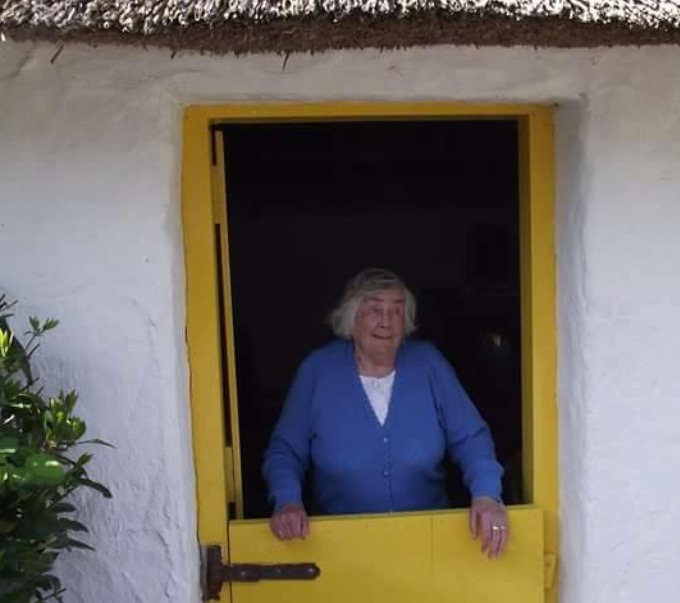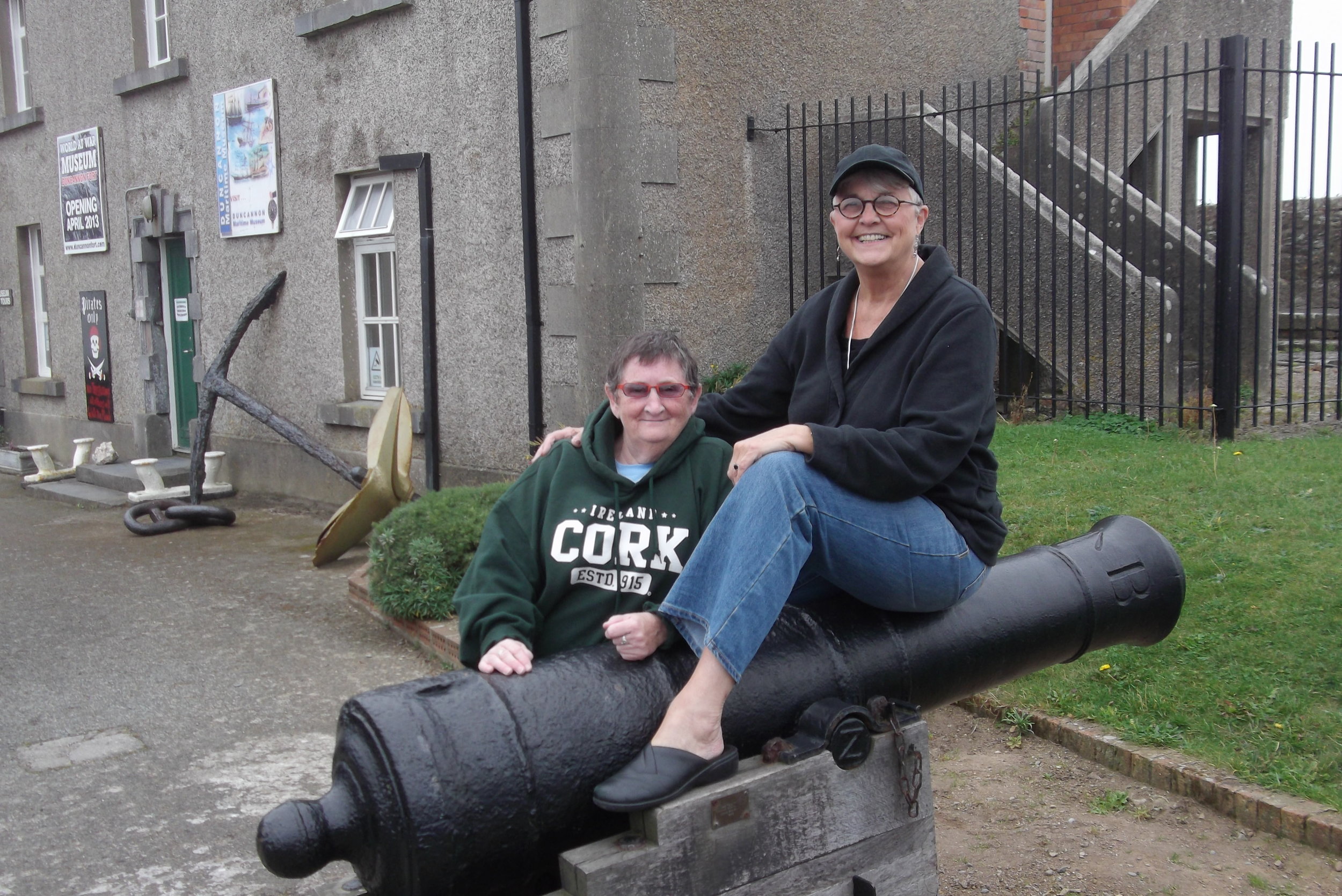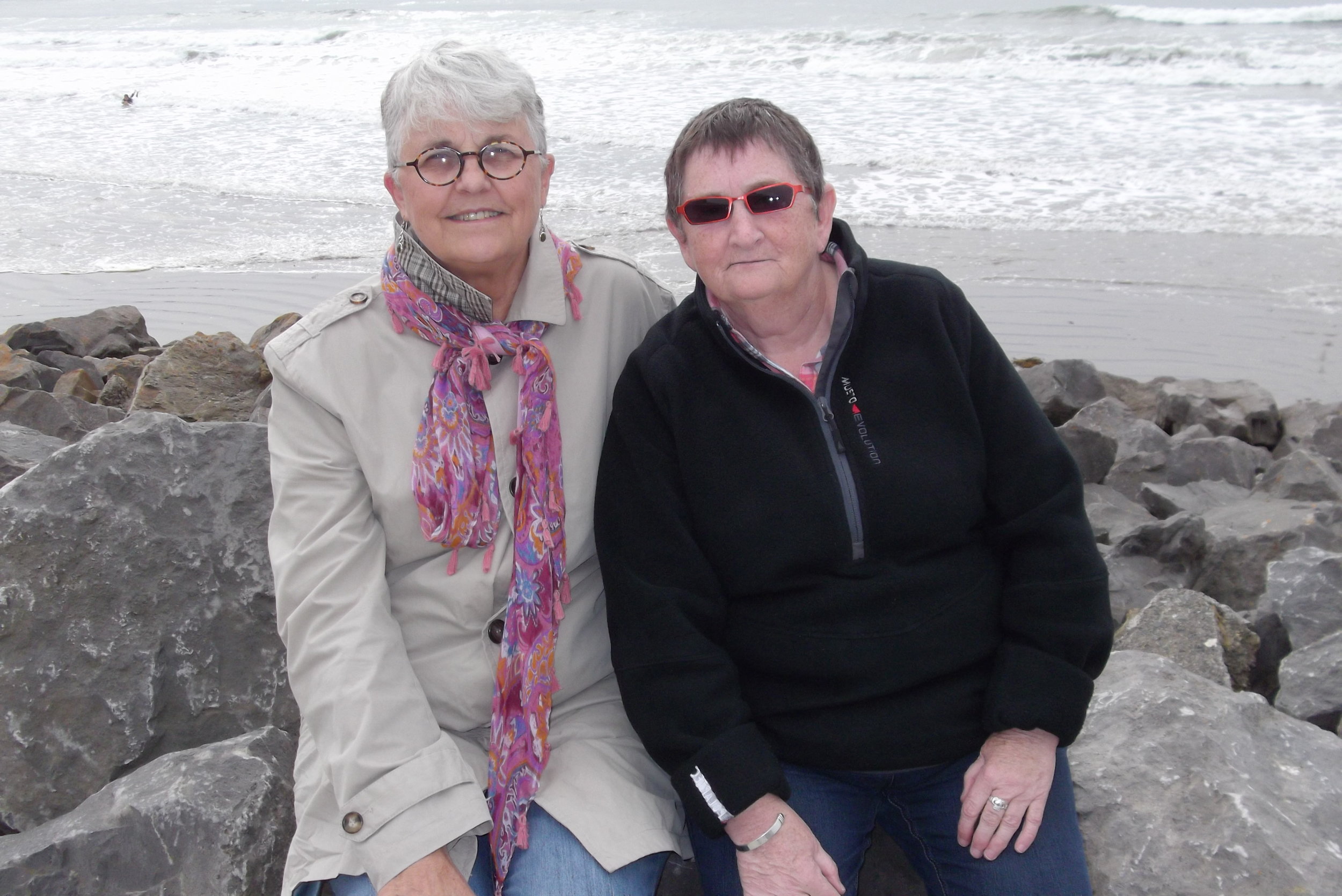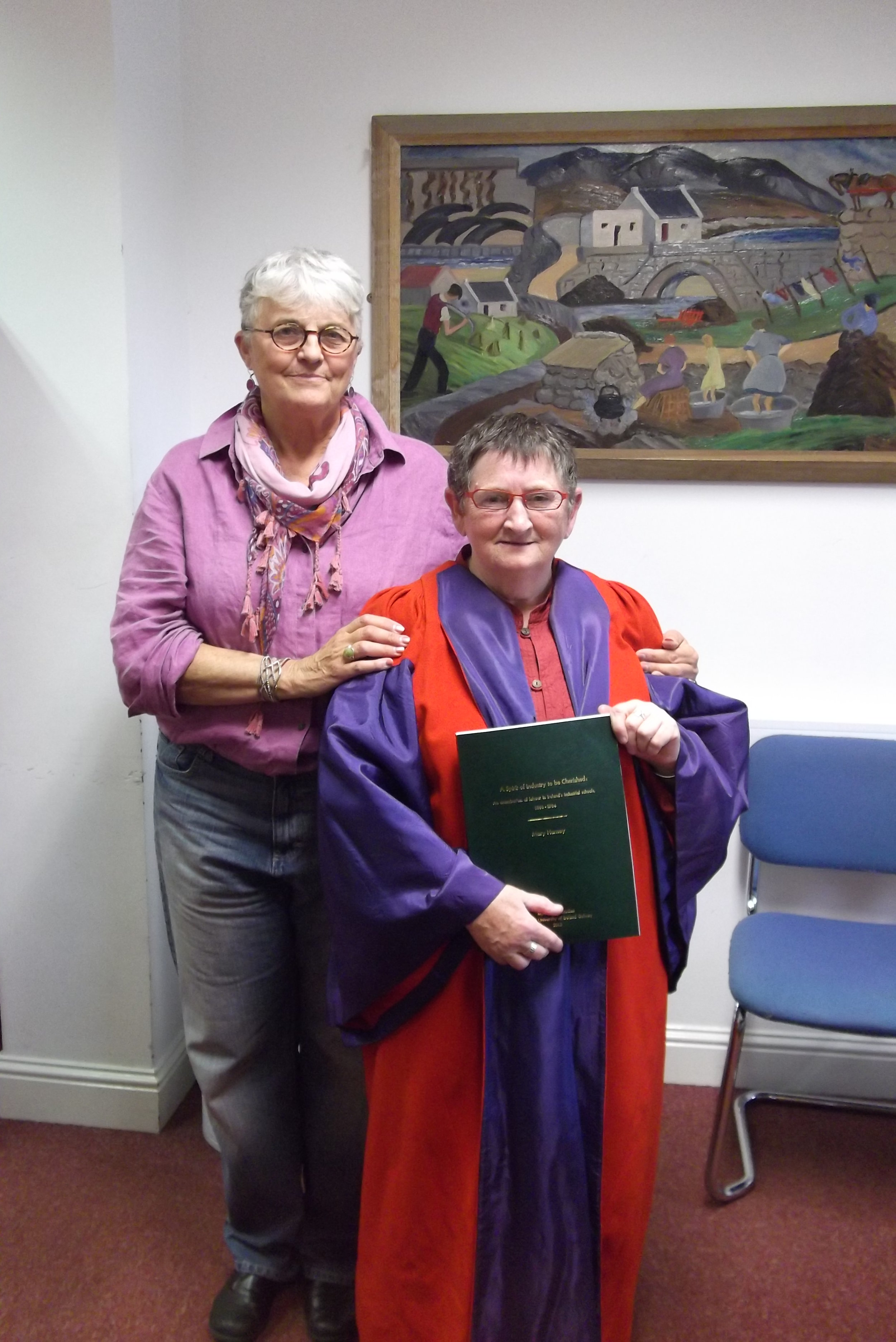Singer-Songwriter
We interviewed Farah on 6 November 2020.
Farah, can you tell me a bit about your childhood, and growing up?
We moved to Ireland when I was 1 ½ years old from Libya, from Benghazi, and we came to Dublin. We were living in Dublin for pretty much my entire childhood, until I was 11, and then we moved to Meath. I’m quite similar to my 4-year old self. I think everyone is happy by nature, especially children, and I just rolled with it. I’m the only one that my mam named; my dad named my siblings. My name means joy and happiness in Arabic.
Photo by Abe Neihum Photography
I definitely saw a lot of chaos as a child and witnessed a lot of culture clash. I think everyone has a different path laid out for them, and I think mine was very apparent from a very young age, in tiny symbolic ways. Like things that are very particular to a person. For example, my mum got me a sunflower when I was like 4, and I’ve always loved sunflowers and yellow was my favourite colour since I was a child. And then when you get older you realise that colours represent different things and … I just think childhood was a path paved for how I am now.
Who were your role models growing up?
My siblings. I always looked up to my siblings. I have one sister and two brothers and they’re all really creative. Whatever music they were listening to, I would listen to. They were always drawing or jamming and they’re all a bit older than me, so when there’s that age gap … we weren’t exactly peers, I had them on a platform, so they were always my role models growing up. Then when I was 17, I was old enough to be friends with them, and to be their peer. I was also obsessed with my mom as a kid. If she liked something, I liked it!
I also really loved certain musicians and artists. I actually really loved Shakira when I was 9-years old because her first album that came out featured a lot of Lebanese artists and it was super edgy, and sort of rock music meets Arabic music. I really enjoyed her vibe.
Has music always been a big part of your life? Can you tell us about when you began to explore your own music?
I really started committing when I got a piano when I was 11. I had a keyboard before that, but my mom got me a piano when I was 11 and it couldn’t be taken away from me, I was playing all the time. Then I started writing poetry when I was 12 or 13 and I started to sing the poetry. I saw poetry as lyrics.
Photo taken in Berlin by Stephen
I wasn’t really concerned with discovering my own sound, I just knew that I had to keep doing it. I kept writing and playing and forming bands or jamming with friends and then by the time I got to college, that’s when I started discovering my own voice and exploring the depth of it. I started considering culture and background, and the role they play in our voices. The first time I sang in Arabic was when I was 18 or 19 and I realised it felt completely different, and that was a big discovery. Even now when I sing in Arabic I really feel like I’m expressing something different, like a secret! I’m still learning a lot about that.
I feel very secure in my belief in the importance of expression. I really strongly value that, I think everyone needs to sing and needs to dance and needs to create, or paint or cook, or something creative. Things that are creative need to be done as part of our wellbeing and as a way of preserving our souls. I strongly believe in that.
You love writing music. Where do you draw your inspiration from? Are there certain topics you find yourself writing about often?
For so long I wrote from a place of pain. It was cathartic for me. I used it as a tool to process painful emotions, and of course for celebration, but the reason it was a need was to process the world around me. That was my inspiration for a long time – just getting things off my chest. Now … everything is everything … nature plays a massive role in my life, and the behaviours and rituals that we would have done indigenously. Things that are at our core, and in our nature, those things really influence me. Like how everything feels different when you’re on a beach, or how chilling up in a forest is a totally different vibe than sitting in your house! I also gain a lot of inspiration from people, I really genuinely care for people, I really love people. I think listening is really powerful, and I’ve only learned to really listen in the past two years.
Your music has been described in terms of ‘alternative pop,’ ‘hip-hop,’ ‘R&B,’ and with some features of Arabian influence … is this how you would describe it? Is there one style or genre that you feel most at home with?
I got a word, me and my band found a word that works, and that word is progressive. For years people have been asking me what kind of music I make – ‘what’s your genre’ - and I just melt down inside because I’m like ‘I sing in Arabic sometimes … I sing in English sometimes …’ but it turns out there is a word, and that’s progressive. So, the music is progressive, but also the ethos and values is progress and progression.
What is the music scene/industry like for women in Ireland today? Have you come up against many obstacles/setbacks?
Photo taken in Toronto by Jerick Collantes
I find this question funny because I don’t know what it’s like to not be a woman. In order to ‘know what it’s like for women’ I’d need to know what it’s like for everyone else. I can speak from my own experience … there’s times when you might not be taken as seriously and I often thought that this was down to my personality because I’m very friendly, I can be sweet, so I thought that was the reason why people maybe didn’t take instructions as seriously or think that I needed a hand or whatever. I’m all for kindness, but I’m not okay with disrespect. But I’m going to be really honest and say that I don’t really focus on that stuff, it doesn’t really phase me. I don’t like talking badly about people.
The music industry is what it is. I don’t think Ireland is any different than the rest of the world. There is an expectation for women to be super sexy which I can tell you on a humane or cultural level is problematic and not inclusive … I was raised Muslim, I’m clearly pretty liberal, I’m not the most practicing Muslim out there, but dressing modestly is something that’s often practiced in Islam and I feel because women are so sexualised and objectified sometimes that it can be difficult to go out there and be your total self without people thinking you have to be really sexy. I’m all for sexual freedom, and that takes many forms, but it’s not the same for dudes.
Your mother, Dr Fatima Hamroush, is an ophthalmologist and in 2011 she was made Libya’s first female Health Minister. Your upcoming debut album is called FATIMA …is this after your mother? Can you tell us about the influence that she’s had in your life and on this album?
So, my mam is obviously super rebel in her own right and in many ways. Even if we just look at it on a generational level as Libyan women, my grandmother was not allowed to learn how to read and write and then you have my mom who not only completed her education but became a doctor and then took that post as Health Minister. She also went against her social norms in Libya and divorced my dad which was very much frowned upon by the Libyan community, but she had the courage to do what was right and what was needed. She always prioritised our freedom and our safety. Nobody’s perfect, but that takes a lot of courage and a lot of strength and you can’t help but be inspired. She’s a powerful person, she has a strong presence in a room. She could walk in and not say anything, but you would feel her there. So, I’ve definitely drawn a lot of inspiration from her nature as a person. The album is named after her, but I also love the word Fatima because it’s globally very intercultural and means different things in every language and every culture. It’s also a place of sanctuary and I’d be so over the moon if people found the album as a sanctuary for themselves to go to and listen and feel seen and heard.
Your most recent single, Sunblock, is a gorgeous song which you yourself said is an exploration of ‘the emotional complexities of choosing joy over sorrow in our day-to-day lives. Making sure that we take a moment to reflect on ourselves and consider how often we ‘block out the sun’ each day.’ 2020 has obviously been so tough for so many, and now that we’re back in level 5, a lot of people are struggling. How do you personally ‘choose joy over sorrow’ in times like this? Have you advice for people who might watch this who may be ‘blocking out the sun’?
It's honestly little things. Our feelings are our feelings. If you feel like crying all day, then cry all day. It’s important not to suppress those feelings. So, by choosing joy over sorrow it’s very much in tiny behaviours. It sounds funny because this is actually quite literal but it’s little things like opening our curtains and letting light in. And I like to get very meta about everything, so when it comes to choosing joy over sorrow, there are things we can do like not talking negatively about other people. I also don’t really believe in this positive-negative thing anymore, I just think things are things and that’s okay.
Photo taken by Tara Thomas Photography
There’s no need to rain on someone’s parade. If someone tells us good news, celebrate. If we hear good news, celebrate. When we have access to food and water and shelter, that’s also something to celebrate. That doesn’t mean we have to be like ‘oh I’m so happy’ even when we feel bad, no. I can continue to exist and to accept who I am. It’s very important that we do that, because it doesn’t work to suppress feelings no matter how hard people try, they always come back. So the reason the whole joy over sorrow thing came into fruition or was articulated like that was because while I was sitting and writing the answers to that interview I was looking out the window and a magpie came and sat on the shed and there’s this superstition that if you see one magpie it represents sorrow and two equals joy and so on. And they say if you salute it it gets rid of the sorrow. So, this ridiculous superstition got in my head and I was sitting there writing this press release and this magpie came and sat on the shed and I was like ‘oh no, where’s the sorrow? Why does it always find us!?’ but the truth is, sorrow will always find us. But so will joy. There will always be joy in the world. And joy often tries really hard to be with us and we can get so used to being drained and being upset that we actually forget about joy sometimes. Sorrow finds us and joy we have to really open our eyes to find.
I’m really not into telling people how to live their lives but I’m really passionate about people being happy because I feel like being happy is very revolutionary these days and a lot of time people try to take our joy away and you know what, that’s worth fighting for. I’m not up for crushing someone’s dreams either, if someone tells me something good, I’m like ‘yes! That’s great! Give me more of that!’ But there are people who will receive good news and will be like ‘yeah but…’ Stop doing that to each other! Can we just like be? Things are the way they are. People often think that I’m this super positive force but the truth is, it’s not about positive, negative, good or bad, I actually like to throw that stuff in the garbage and be like ‘this is the way this is and every day is different.’ Last week I cancelled all my work stuff and just cried all week, I was so sad. But I was so happy to be so sad, because I let it all out, I didn’t keep it in.
When can we expect your new album?
2021. I’m going to release some singles before then.
If we’re sitting here a year from now celebrating what a great year you’ve had, what would we be celebrating?
Transformation. This has been the year of transformation. I would also like to celebrate stillness and our shadows, and you know, some people have only gotten the chance this year to stop and think and heal and consider things like health, which is everything. So, I honestly could name a million things that could be celebrated but I would sum it all down to transformation.
Thanks so much to Farah for talking with us and for providing us with the photos throughout.
You can find Farah on Facebook here. She is also on Twitter as @FarahElleMusic and Instagram @farahelle. You can find her music on Spotify.














